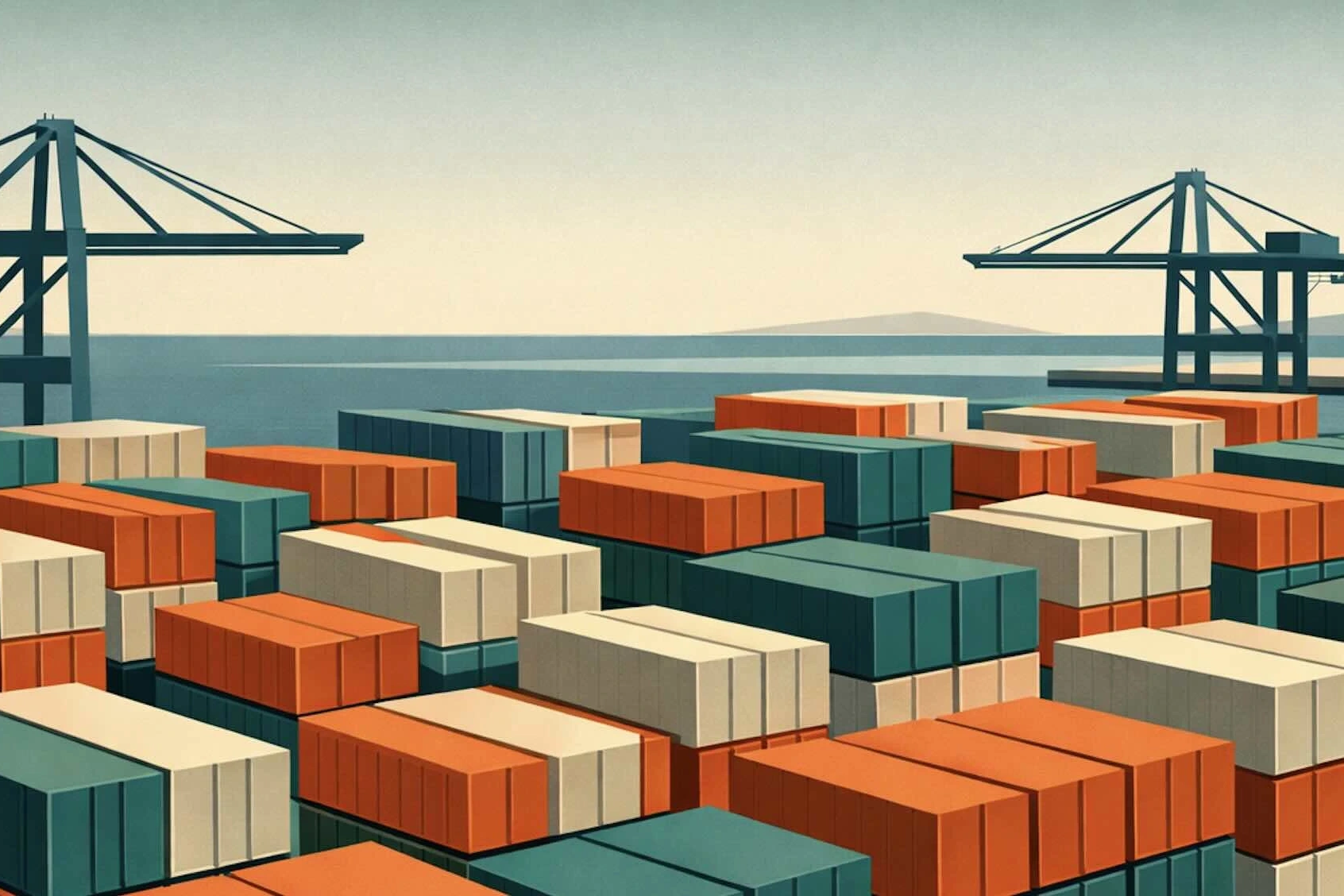Partnerships for Ukraine’s future
As the EU mobilises billions for Ukraine, a small Alpine nation makes its case for impact beyond size.
The Adriatic Team
It is not every day that the quiet valley of Planica, better known for ski jumping feats than strategic dialogue, becomes the backdrop for high-stakes economic diplomacy. Yet yesterday, this Slovenian alpine enclave hosted over a hundred representatives from politics, business, and development institutions at a conference titled Ukraine’s Recovery: From Standing Strong to Moving Forward.
The question on the table: How can Slovenian businesses position themselves as reliable partners in one of the most ambitious reconstruction projects of the century?
The numbers alone are staggering. The projected cost of rebuilding Ukraine over the next decade exceeds €500 billion. For a country like Slovenia, whose economy is tightly integrated into the European Union and whose export capacity is modest by global standards, the challenge is clear: to transform niche capabilities into outsized impact.
“Recovery is not just a humanitarian necessity but also an economic opportunity,” said Tine Kračun, Director of the Institute for Strategic Solutions (ISR), which co-organised the event alongside SPIRIT Slovenia, the Slovenia’s Ministry of Economy, Tourism and Sport, and the Ukrainian Embassy in Slovenia.
Kračun pointed to energy and digital infrastructure as areas where Slovenian firms, particularly SMEs, could compete. But while opportunities exist, so do the risks, from on-the-ground insecurity to regulatory opacity and financing gaps.
That is why the Planica conference was less about grand declarations and more about granular strategy. Slovenian officials and business leaders sat down with Ukrainian counterparts and international financial institutions to map out practical entry points: from solar power plants and waste-to-energy facilities to water purification systems and modular housing.
Tanja Fajon, Slovenia’s Foreign Minister, emphasised that rebuilding Ukraine is not only a political necessity but a moral obligation. “True security means that people can return to their homes, rebuild their lives and have access to essential services such as healthcare and education,” she said. “The goal is not just to rebuild roads and buildings, but to restore hope.”
Ukraine’s government, for its part, signalled its readiness to receive investment. In a video address, First Deputy Prime Minister Yuliia Svyrydenko said: “This year we expect 2.7% GDP growth, and we’re also seeing positive investment momentum. Over the past three years we’ve shown that war is not an embargo on investment. Today, these are very tangible business opportunities.”
Financing and risk mitigation, the real deciders
If Ukrainian officials brought optimism, Slovenian firms came with questions, chief among them: How to navigate financial risk in a war-adjacent economy?
Here, multilateral institutions stepped in with reassurance and tools. The European Investment Bank (EIB), which manages the lion’s share of the EU’s €50 billion Ukraine Facility, is already funnelling funds into critical infrastructure and SME support. Simon Savšek, who heads the EIB’s office in Slovenia, said that, to-date, the bank has “co-financed the renovation of more than 300 hospitals, kindergartens, schools and social welfare facilities in 150 cities, and the modernisation of urban public transport in more than 20 locations.”
The European Bank for Reconstruction and Development (EBRD), meanwhile, has committed over €6 billion to keep Ukraine’s economy afloat. With a new capital injection of €4 billion approved by its governors, the bank expects to double its annual investments in Ukraine post-war, from €1.5 billion to €3 billion.
Closer to home, Slovenia’s SID Bank offers export credit insurance and direct financing solutions tailored for Ukrainian ventures. “SID Bank has €60 million in insurance limits, with priority sectors being infrastructure, energy, digitalisation, water treatment and demining,” said Gašper Jež, a financing specialist at SID. Tools include short- and medium-term risk coverage, project co-financing, and engagement with Ukrainian banks.
In short: the money is there. The challenge lies in packaging viable projects and matching them with risk-mitigation tools early.
Where Slovenia can compete
The Ukrainian reconstruction agenda is sprawling, ranging from rebuilding transport corridors and energy grids to digitising procurement and creating public-private partnerships. For smaller countries like Slovenia, this complexity can be a filter rather than a barrier.
“Companies that join early will be at a long-term advantage,” said Vira Savchenko, co-chair of the Recovery Committee at the European Business Association and CEO of BDO in Ukraine. She urged Slovenian companies to come to the July reconstruction summit in Rome with vetted proposals and financing plans in hand.
Slovenia’s niche capabilities may prove valuable in sectors such as satellite technologies, where firms like Vesolje-SI are already engaged. CEO Tomaž Rodič noted that “projects involving microsatellite technologies, also supported by the European Space Agency (ESA), are currently highly relevant.”
Agriculture is another area of alignment. “Ukraine has large areas of arable land that can be invested in,” said Andrej Tisnikar, project lead at Bijol.
From rubble to resilience
Innovation will also play a central role in how Ukraine rebuilds. British-Ukrainian cooperation offers a glimpse into this future, with joint ventures already transforming rubble from Russian missiles into low-carbon concrete through thermo-mechanical processing. “Ukraine’s lasting security and prosperity will ultimately depend on a strong, resilient and inclusive economy led by the private sector,” said Dr. Ruth Wiseman, representative of the British government.
Tomaž Mencin, Slovenia’s special envoy for Ukraine’s recovery, laid out the roadmap: establish a business club for Ukraine-focused enterprises, launch a digital matchmaking platform, and ensure strong Slovenian representation at upcoming events in Brussels and Rome. “These are concrete steps through which Slovenia can consolidate its role as a trusted partner in the recovery process.”
The takeaway from Planica was practical, Ukraine’s recovery is not a charity drive. It is a competitive, strategic, and deeply complex enterprise.
Slovenia, with its agile private sector and alignment with EU funding mechanisms, may not shape the entire narrative. But it can script a compelling subplot. One of a small nation punching above its weight in the reconstruction of a country fighting for its future.









